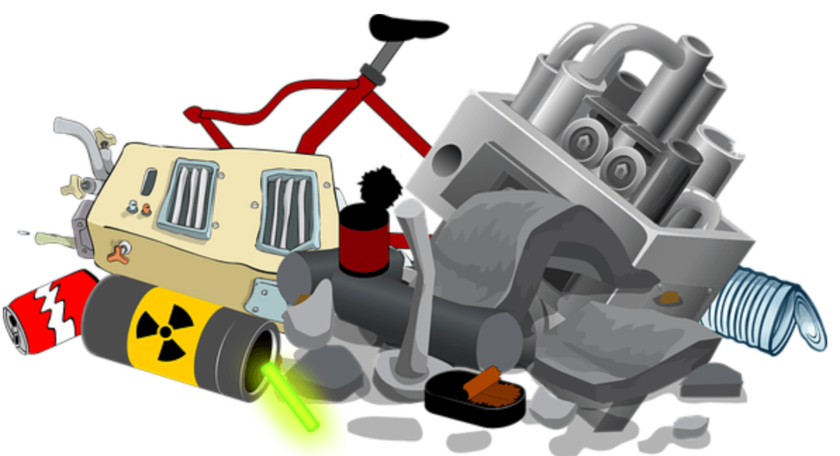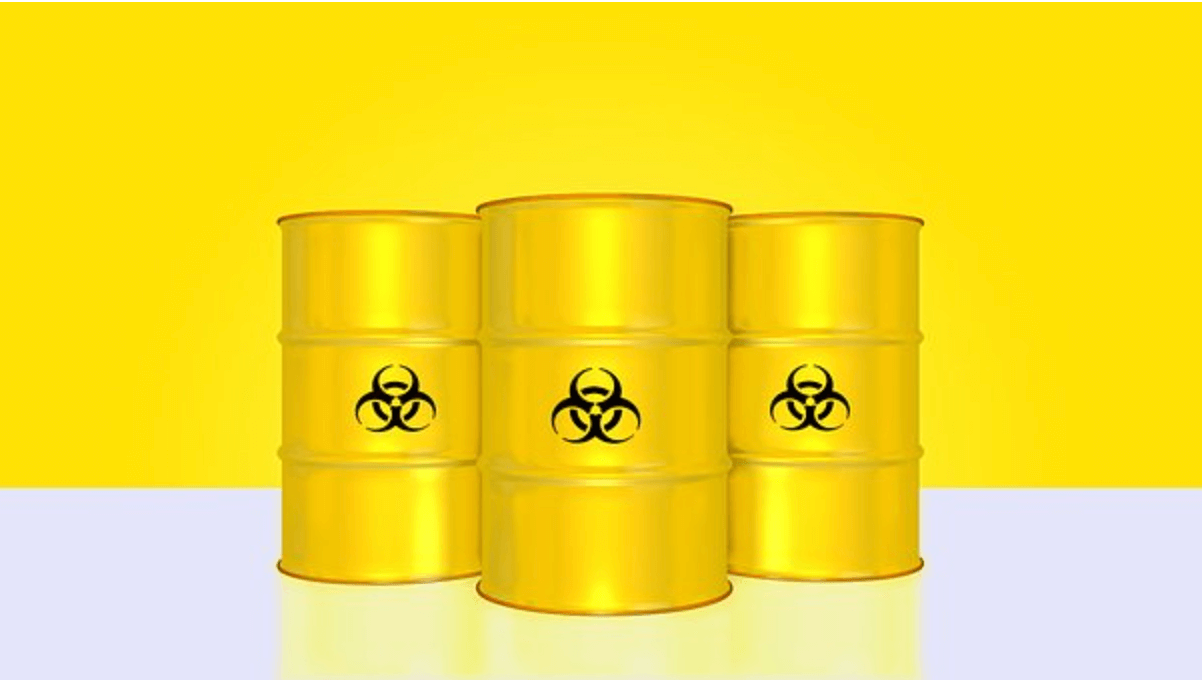Most people know there are hazardous materials in their homes and businesses, but many don’t know what to do with them when it’s time to dispose of them. Many municipalities have special programs for collecting and disposing of these materials, but several private companies specialize in this type of waste removal. So what happens to all of this hazardous waste? Read on to find out.
The role of a hazardous waste disposal company
When disposing of hazardous waste, the safety of everyone involved must be taken into consideration. That’s why it’s essential to hire a professional dangerous waste disposal company to ensure that the waste is disposed of in compliance with all applicable regulations and insurance requirements. They will provide knowledgeable and experienced personnel who can quickly and effectively handle the hazardous waste removal process from start to finish.
For instance, if your commercial establishment recently encountered water damage due to a natural disaster, the hazardous waste disposal company can provide you with a team of professionals to safely take care of any dangerous materials affected by the water. In this case, the cleanup of mold, asbestos, and other hazardous substances, will be included in the services provided. Whether you have a large-scale operation or an occasional accumulation of dangerous and toxic materials, experts who are familiar with both local and federal guidelines for working with hazardous materials will ensure that everything is handled safely, efficiently, and in compliance with all relevant laws.
Processing waste in a hazardous waste depot
When people bring their waste materials to a hazardous waste depot, they are sorted and categorized according to their toxicity levels. Each material is carefully tested with specialized equipment to determine its composition, which helps the operators know how it should be handled. After the sorting process, different methods may be used depending on the type of waste present. For example, if there are any liquids present, they may be treated with chemicals and then disposed of in sealed containers. If there are solids or other materials, they may be incinerated under controlled conditions. The ashes from the incineration are then sent to a landfill designed explicitly for hazardous waste disposal.
Finally, after all the hazardous waste has been safely processed, the hazardous waste depot will generate a report outlining all of the steps taken during the disposal process. This report is submitted to local, state, and federal agencies for review and approval. Once approved, the materials can finally be disposed of in an environmentally responsible manner, ensuring that no one is put at risk from exposure to these dangerous substances.
Which materials are incinerated?
Incineration is an effective way of disposing of hazardous waste. It is a high-temperature process in which combustible materials are burned, thereby reducing the waste material to essential elements that cause lower pollution levels than other typical methods, such as landfills. Although it has proven to be more expensive than disposal by landfill, its ability to reduce potential health risks and improve overall environmental safety makes incineration a viable option for hazardous waste management.
Some of the most common incinerated materials include medical waste, industrial solvents, and chemical waste. These materials are considered hazardous because they pose a significant risk to human health and the environment if not correctly handled. Incinerating these substances helps reduce their toxicity levels so that they can safely be disposed of without posing any risks.
Nevertheless, not all waste materials are suitable for incineration. Therefore, it is vital to seek help from a professional hazardous waste disposal company to know what type of waste can and cannot be safely burned. Companies specializing in hazardous waste management will have the expertise to advise you on the best course of action when disposing of your hazardous wastes and provide you with the most efficient and cost-effective solutions.
Which materials end up in landfills?
With more and more businesses producing hazardous materials, it is increasingly vital that people find safe and efficient disposal methods. A commercial hazardous waste landfill offers a perfect solution to this problem. Not only does it contain the hazardous waste in a secure location to prevent contamination, but it also converts the liquid wastes into solids, making it safer to transport away from the site. This protects local water supplies from pollution and prevents further destruction caused by disposing of these materials improperly. In addition, these landfills are designed so that pollutants like mercury and lead are sealed off from the environment, meaning that no matter how long the landfill remains in use, our natural environment will remain safe.
Some of the most common materials in landfills include industrial solvents, paints and coatings, chemicals, oils and lubricants, batteries, and used electronics. These materials are considered hazardous because they contain substances that can cause health issues or environmental damage if not correctly handled. However, with the help of a reliable dangerous waste disposal company, these materials can be safely disposed of and stored in landfills to protect our environment.
Which materials can be recycled?
Recycling is a simple and effective way to minimize hazardous waste. This can involve separating contaminants from the dangerous material and then recycling them, ensuring that the material is reused rather than simply discarded. Some materials commonly recycled in the hazardous waste industry include plastic and metal containers, solvents and chemicals, batteries, electronics, and medical supplies. In addition to reducing the number of hazardous materials in landfills or incinerators, recycling also helps reduce pollution by conserving energy and resources.
Which materials can be repurposed?
Reusing hazardous waste can yield significant environmental benefits because it reduces the amount of waste in landfills that must be treated at off-site facilities. It also reduces energy usage and prevents new toxins from entering the environment. Some materials commonly repurposed in the hazardous waste industry include solvents, paints, and coatings. These materials can be reused to create new products that are safe for use, such as paint thinners, oil additives, and other industrial applications. Reused hazardous waste materials can also be used for other purposes, such as road construction, where their presence may not pose a health risk. Through reuse, businesses can save money on disposal costs while reducing their environmental impact.

Many options are available for those looking to dispose of hazardous waste properly. It is essential to consider all possible options and choose the one best suited for the type of waste being disposed of. Whatever disposal method you choose, make sure you research ahead of time to know you are disposing of your hazardous waste most safely and responsibly.

